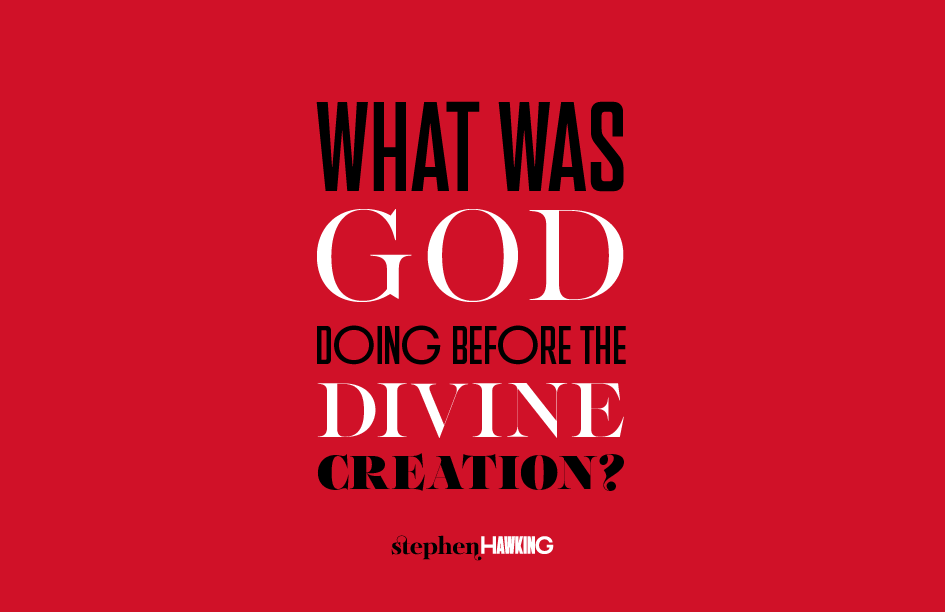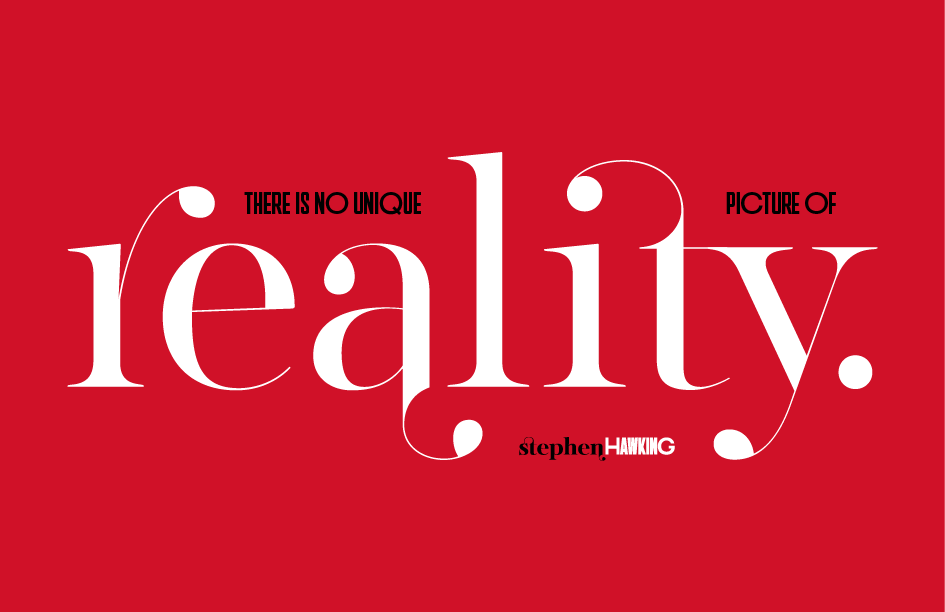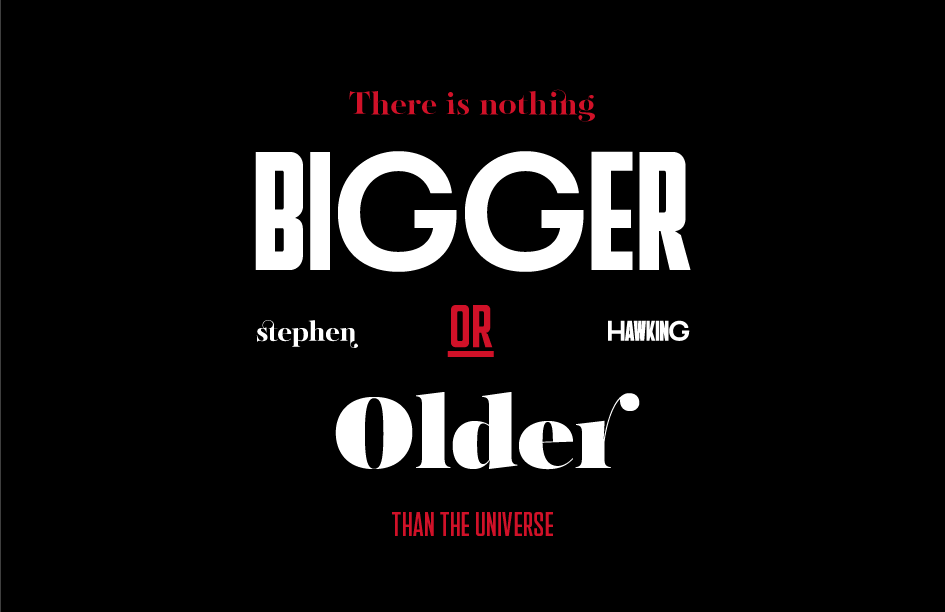Stephen Hawking
Stephen William Hawking, the most known physicist of our times and an icon for all humanity passed away this Wednesday, the 14th of March 2018 at his home in Cambridge, England. Yet his cosmic brilliance is ours forever.
Arguably the public face of scientific genius Hawking (born 8 January 1942) was a hero and as such he was brilliant, funny and of course an atheist. Per Associated Press “Hawking was the inheritor of Albert Einstein's mantle of the genius-as-celebrity”.

“His contribution is to engage the public in a way that maybe hasn't happened since Einstein” said prominent astronomer Wendy Freedman, director of the Carnegie Observatories. “He's become an icon for a mind that is beyond ordinary mortals. ... People don't exactly understand what he's saying, but they know he's brilliant. There's perhaps a human element of his struggle that makes people stop and pay attention.”
Hawking, who was born 300 years to the day after Galileo and died on Pi Day, March 14, the day each year when scientists and mathematicians celebrate the ratio of a circle's circumference to its diameter and the birthday of Albert Einstein, who would have turned 139 this year was the Lucasian Professor of Mathematics at Cambridge -a chair that Isaac Newton held ages ago.

"We claim him as an astrophysicist because his laboratory was the universe" notes Neil deGrasse Tyson, director of New York's Hayden Planetarium on the genius who managed to overcome his disabilities and took physics by storm in the mid-1970s with his black hole revelations. “Until Hawking discovered radiation coming from black holes — named Hawking radiation after him — the two giant theories in physics, Einstein's general relativity and quantum mechanics, often conflicted. Hawking was the first to show they connected, which Turner and others described as breakthrough at the time” notes AP.
The legendary scientist explained the complex universe to the masses with his “theory of everything”. The British physicist, who suffered from a debilitating neurological disorder, became one of the most famous voices in the sciences even as he communicated via a synthesized-speech box.
Despite contracting amyotrophic lateral sclerosis, or ALS, in 1963 and being given two years to live, he continued his work and was named the Lucasian Professor at Cambridge in 1979. Per Hawking a “theory of everything” would allow mankind to “know the mind of God.” Hawking later admitted that a “unified theory” might not be possible after all yet his quest for answers is inspiring. “One can’t help asking the question: Why does the universe exist?” he said in 1991. “I don’t know an operational way to give the question or the answer, if there is one, a meaning. But it bothers me.”

To celebrate this brilliant mind here are some quotes to keep you safe from harm through the ages under the mysteries of an ever-expanding universe and mind.
Stephen Hawking was 76 years old.
- On being diagnosed with motor neuron disease: "My expectations were reduced to zero when I was 21. Everything since then has been a bonus." (The New York Times, December 2004).
- On black holes: "Einstein was wrong when he said, 'God does not play dice.' Consideration of black holes suggests, not only that God does play dice, but that he sometimes confuses us by throwing them where they can't be seen." (The Nature Of Space And Time, 1996).
- On commercial success: "I want my books sold on airport bookstalls." (The New York Times, December 2004).
- On fame: "The downside of my celebrity is that I cannot go anywhere in the world without being recognised. It is not enough for me to wear dark sunglasses and a wig. The wheelchair gives me away." – (from an interview on Israeli TV, December 2006).
- On an imperfect world: "Without imperfection, you or I would not exist." ( The Discovery Channel, 2010).
- On the possibility of contact between humans and aliens: "I think it would be a disaster. The extraterrestrials would probably be far in advance of us. The history of advanced races meeting more primitive people on this planet is not very happy, and they were the same species. I think we should keep our heads low." (The National Geographic Channel, 2004).
- On the importance of having a sense of humour: "Life would be tragic if it weren't funny." (The New York Times, December 2004).
- On death: "I have lived with the prospect of an early death for the last 49 years. I'm not afraid of death, but I'm in no hurry to die. I have so much I want to do first." (The Guardian, May 2011).

FONTS
Tags/



















